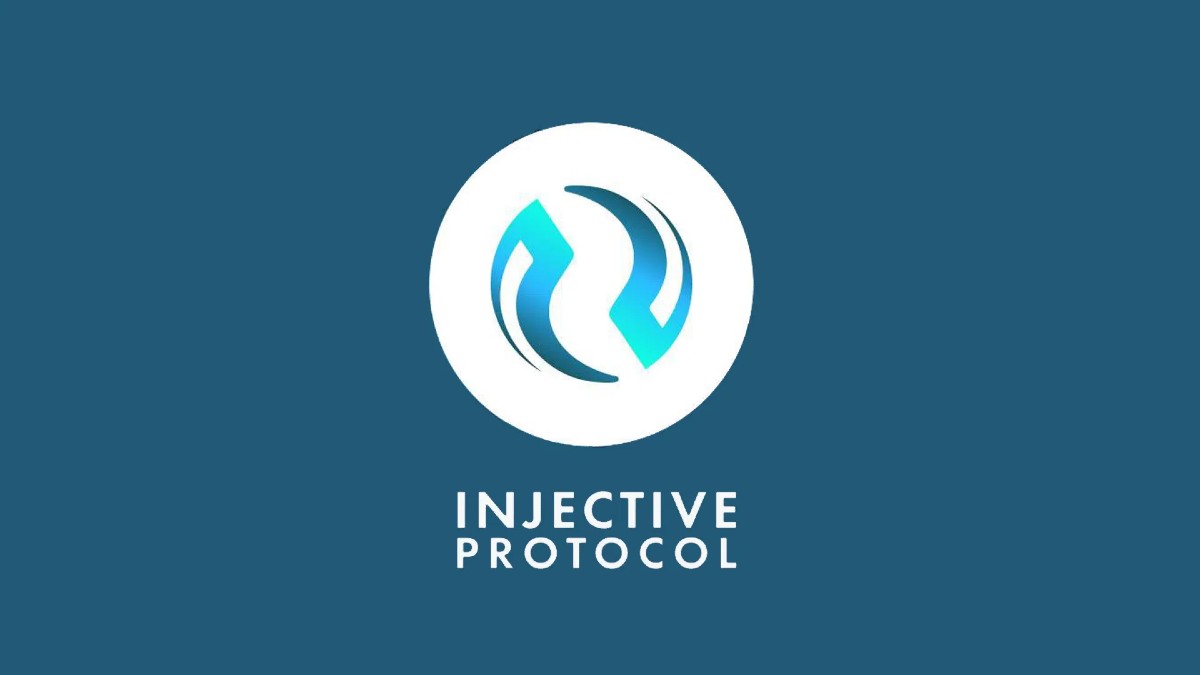Injective Ecosystem: The New Universe of Value
In today's rapidly evolving landscape of financial technologies, cryptocurrencies, and blockchain innovations have emerged as alternatives to traditional financial systems. One of the notable representatives of this transformation is the Injective ecosystem. As a blockchain-based financial platform, Injective aims to provide users with a decentralized, transparent, and secure financial experience.
The Injective ecosystem comprises a range of applications within the decentralized finance (DeFi) space, including decentralized exchanges, liquidity pools, derivative products, and other financial instruments. By bringing these applications together, Injective offers users the opportunity to engage in a fully decentralized financial ecosystem. One key advantage is Injective's provision of access to decentralized exchange platforms. Traditional exchanges often operate through third parties, introducing various security concerns. Injective eliminates these issues by facilitating direct transactions between users.
One key advantage is Injective's provision of access to decentralized exchange platforms. Traditional exchanges often operate through third parties, introducing various security concerns. Injective eliminates these issues by facilitating direct transactions between users.
Another significant feature is the presence of liquidity pools within the Injective ecosystem. Liquidity pools allow users to pool their assets, creating liquidity that facilitates faster and lower-cost transactions. Additionally, they address liquidity challenges commonly encountered in traditional financial systems.
Derivative products represent another crucial component of the Injective ecosystem. Users can utilize derivatives to hedge against price fluctuations, providing flexibility in risk management. Tokens within the Injective ecosystem play a vital role in supporting platform operations and rewarding user participation. These tokens are earned as users engage in various activities on the platform and are used for interaction within the ecosystem.
Tokens within the Injective ecosystem play a vital role in supporting platform operations and rewarding user participation. These tokens are earned as users engage in various activities on the platform and are used for interaction within the ecosystem.
The platform's decentralized financial services enable users to conduct transactions in a more secure, rapid, and cost-effective manner. Furthermore, Injective provides an alternative for those without access to financial services or those skeptical of traditional financial systems.
Injective's impact extends beyond finance, contributing to the broader adoption of blockchain technology. Its decentralized structure addresses concerns related to trust and transparency, introducing users to blockchain principles.
An additional highlight is the incentivization of user participation through reward systems. Injective tokens are earned as users contribute to the platform, circulating within the ecosystem. This encourages users to contribute to the platform's growth and fosters a collaborative community spirit.
The ecosystem also plays a crucial role in promoting financial inclusion, especially in developing countries where accessing banking systems can be challenging. Injective offers solutions to this problem, broadening access to financial services.
Creating a sustainable community is essential for the longevity of the ecosystem. Injective regularly organizes community events and values user feedback to enhance community engagement. Transparent communication about changes to the platform fosters trust within the community. However, the Injective ecosystem faces challenges such as security concerns, regulatory uncertainties, and technical obstacles that can impact its growth. To navigate these challenges successfully, platforms like Injective must continuously update security protocols, adhere to regulatory standards, and enhance their technical infrastructure.
However, the Injective ecosystem faces challenges such as security concerns, regulatory uncertainties, and technical obstacles that can impact its growth. To navigate these challenges successfully, platforms like Injective must continuously update security protocols, adhere to regulatory standards, and enhance their technical infrastructure.
In conclusion, the Injective ecosystem represents a transformative force in the financial world. By offering secure, transparent, and accessible financial services, it has the potential to shape the future of finance. To realize this potential, Injective must remain adaptable, open to continuous improvement, and collaborative with its community. The Injective ecosystem marks a significant step toward creating a new universe of value, signaling a revolution in the financial landscape.
















![[LIVE] Engage2Earn: Julian Hill Bruce boost](https://cdn.bulbapp.io/frontend/images/dbf23bb3-aba5-43ea-9678-e8c2dbad951c/1)



















![[ℕ𝕖𝕧𝕖𝕣] 𝕊𝕖𝕝𝕝 𝕐𝕠𝕦𝕣 𝔹𝕚𝕥𝕔𝕠𝕚𝕟 - And Now What.... Pray To The God Of Hopium?](https://cdn.bulbapp.io/frontend/images/79e7827b-c644-4853-b048-a9601a8a8da7/1)
